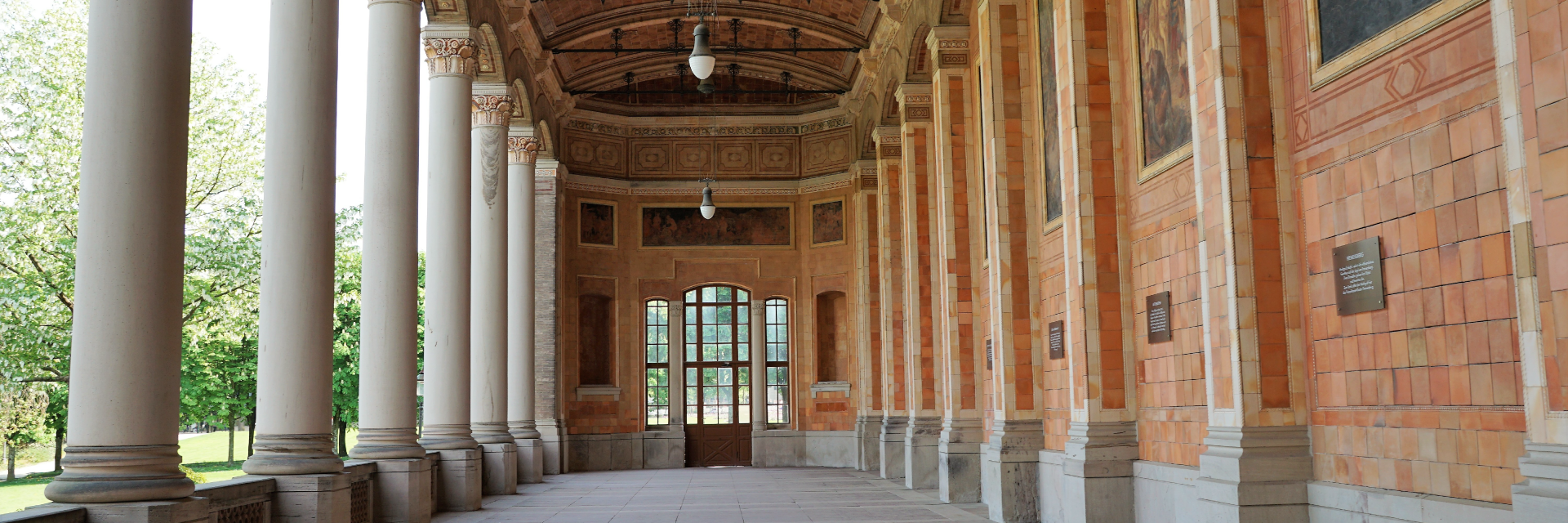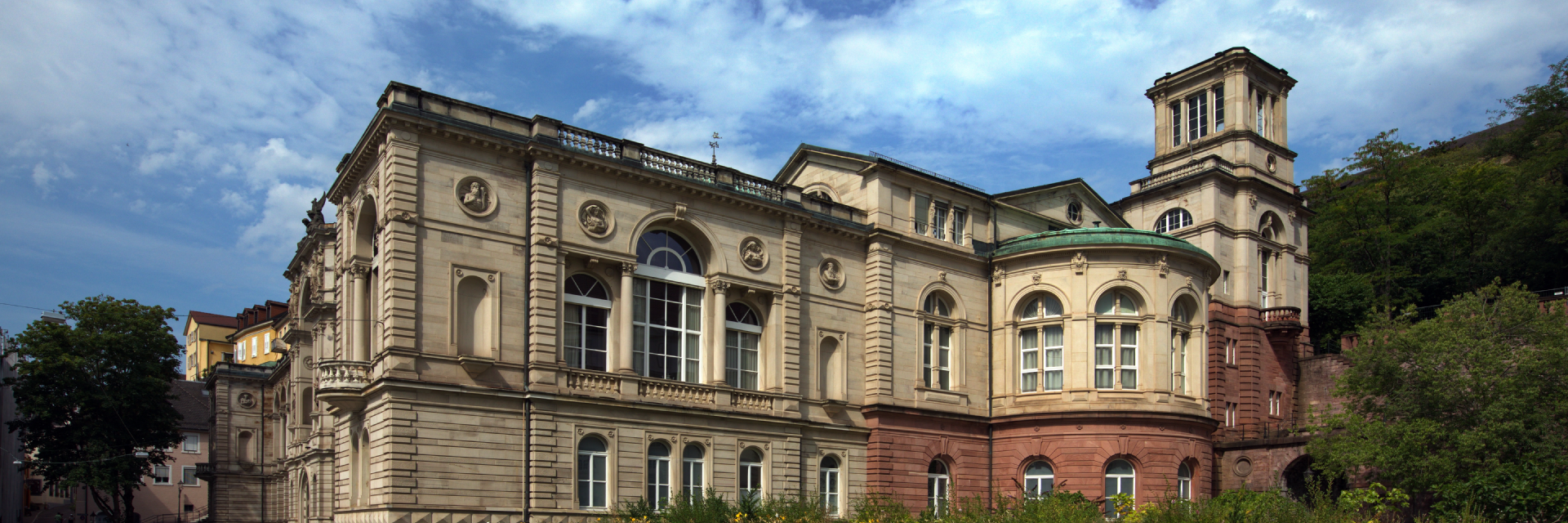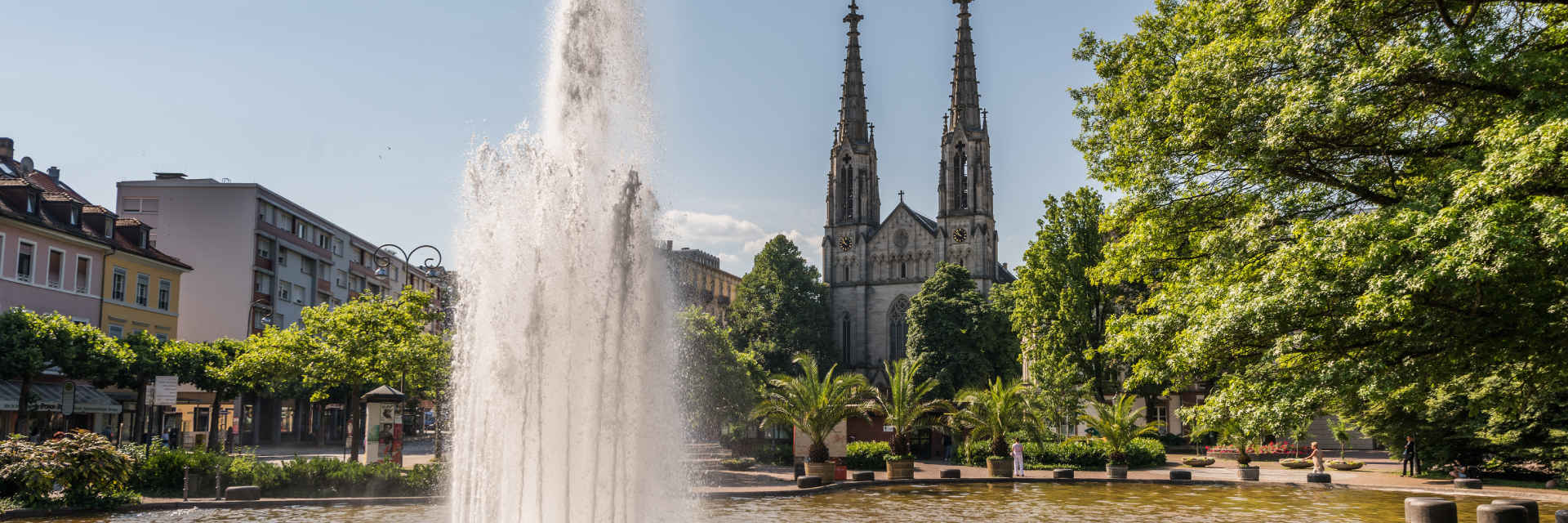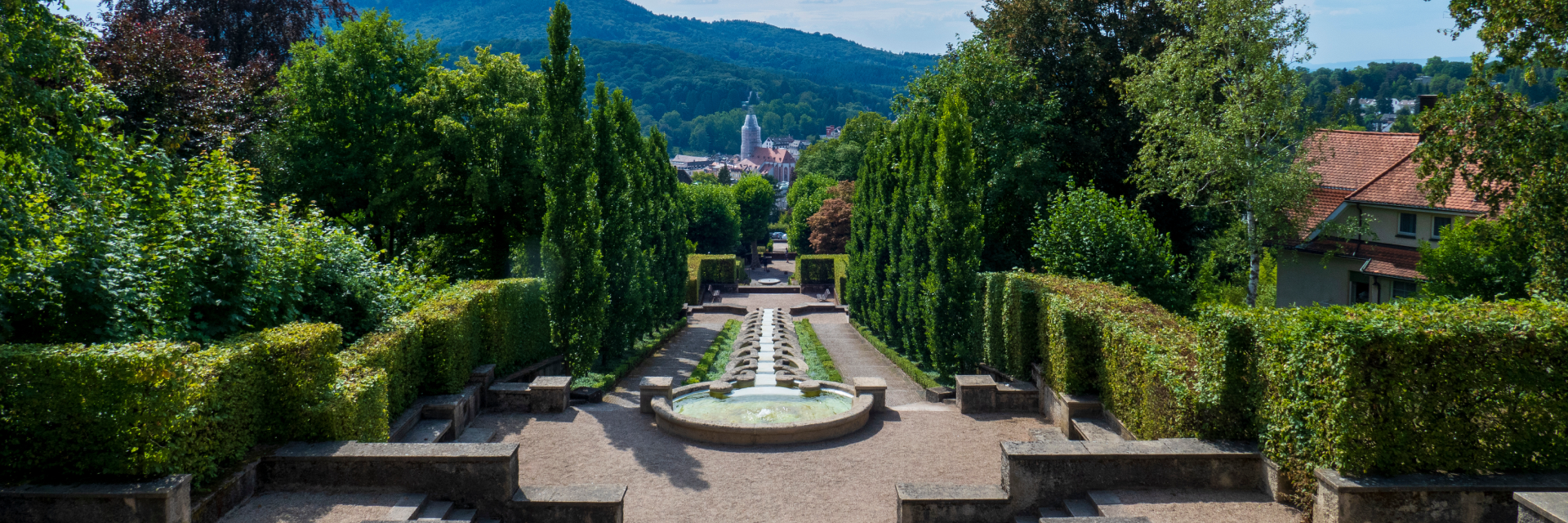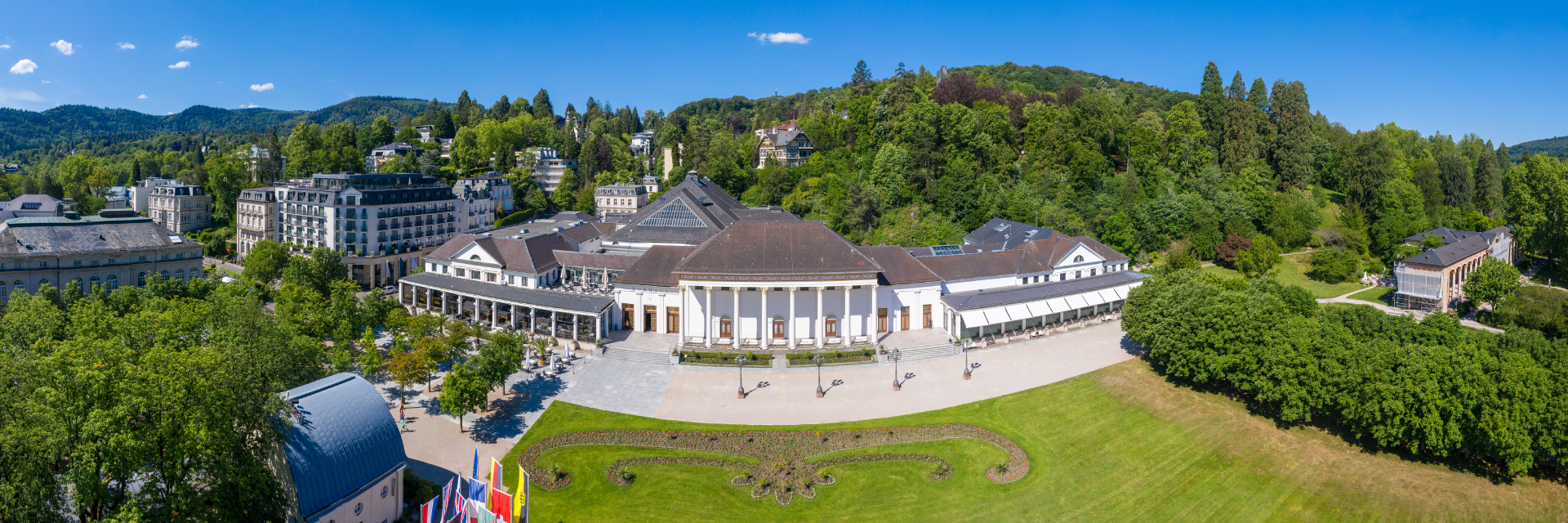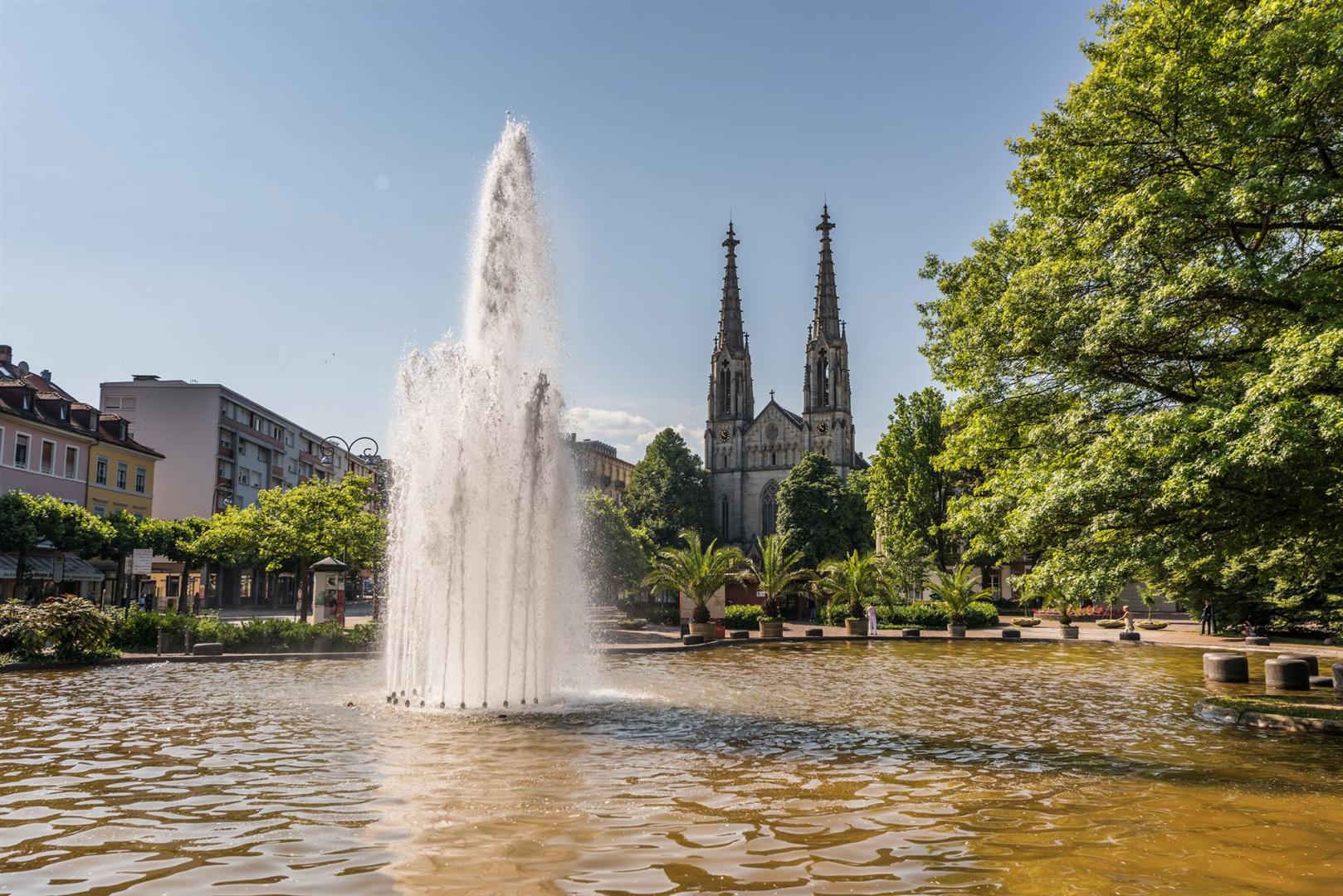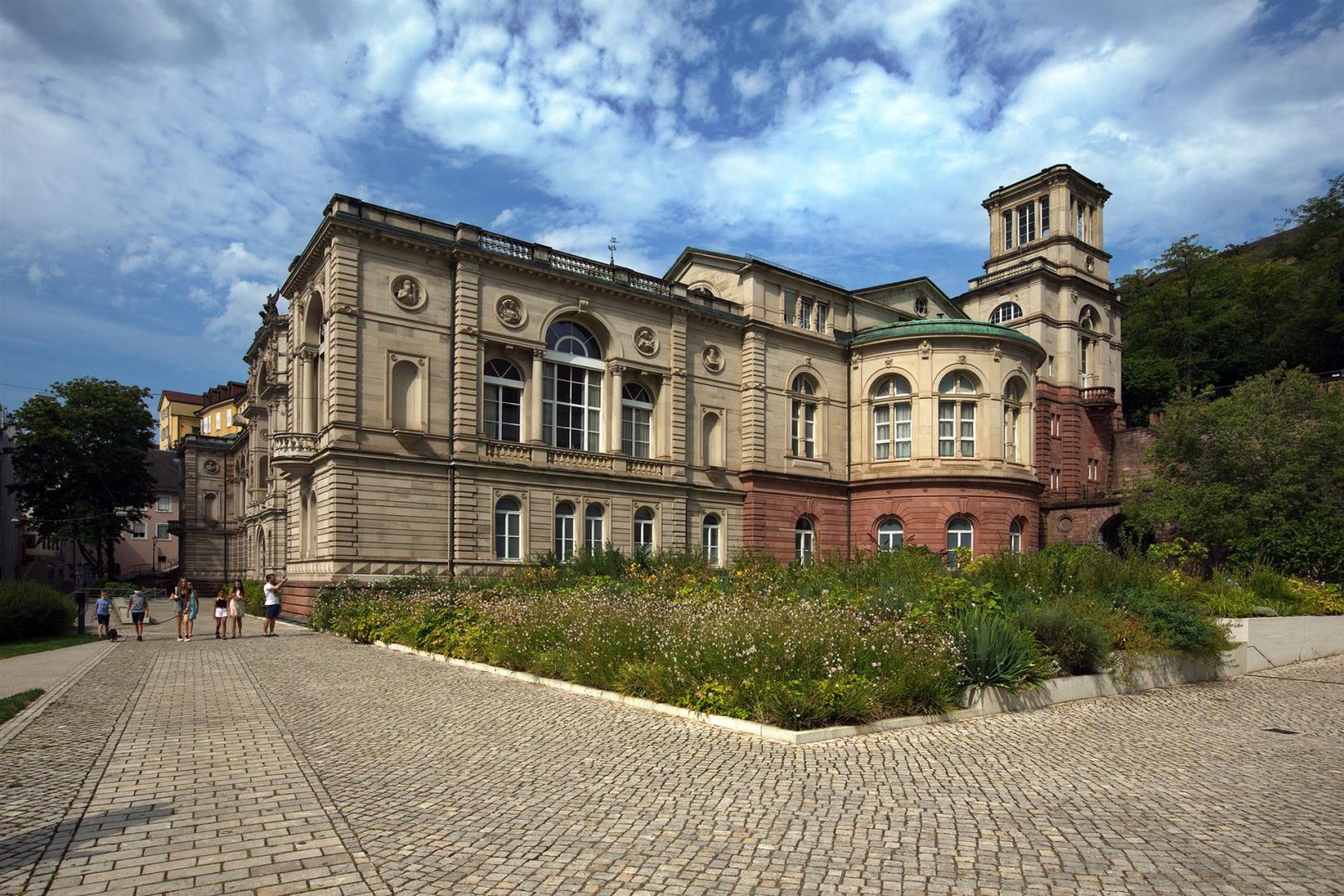Baden-Baden
Welcome to the "Summer Capital of Europe“
Although this title was already awarded to Baden-Baden in the 19th century, this splendor continues to this day. For in addition to its former title, Baden-Baden is particularly known as a spa and bathing town as well as a media, art and international spa town. The Romans already used the hot thermal springs that rise here on the edge of the Black Forest. In the Middle Ages, Baden-Baden was the seat of the Margraviate of Baden and thus also gave its name to the state of Baden. After the catastrophic town fire in 1689, it lost the status of residential town to Rastatt.
In the 19th century, the spa town was rediscovered and developed into an internationally important meeting place for aristocrats and wealthy citizens, also thanks to the income from the casino. A rich, well-preserved tangible and intangible heritage has survived from this 19th century heyday. On 24 July 2021, the UNESCO World Heritage Committee inscribed Baden-Baden on the World Heritage List as one of the eleven most important spa towns in Europe.
Text source: wikipedia.org/wiki/baden-baden
Baden-Baden drinking hall
The Baden-Baden Trinkhalle is a drinking hall built to the plans of Heinrich Hübsch, a pupil of Friedrich Weinbrenner, in 1839-1842 in the Baden-Baden Kurgarten to the right of the Kurhaus. Sixteen Corinthian columns support the 90-metre-long, open lobby, in which guests can view 14 murals. The paintings were created by Jakob Götzenberger, a contemporary of Moritz von Schwind. They depict scenes from myths and legends of the region and thus also capture excursion destinations in the immediate vicinity.
Text: wikipedia.org/wiki/baden-baden
picture: AdobeStock
from: Iralex
File-No.: 214876646
Augusta square Baden-Baden
Augustaplatz in Baden Baden, named after Empress Augusta, has only had its present appearance since the 1970s. The central point of the square is a lake, which is fed by a large fountain that is illuminated in the dark; it is spring water that shoots out of the mountain here in the spring district of the thermal baths.
The Protestant town church, which was built between 1855 and 1864, stands directly on Augustaplatz. At that time, the area around the square was still criss-crossed by canals of the Oos and was built on by mills and businesses. After a change of use, a "green area" was first created, which served as a garden for the Hotel Stephanie and the Palais Stourdza and Gagarin. Around 1880, the green oasis also served the then princely residence "Goldenes Kreuz" as access to Lichtentaler Allee or the spa district.
Text: www.schwarzwald-informationen.de/stadtkreis-baden-baden/baden-baden/sehenswertes-baden-baden/augustaplatz-baden-baden.html
picture: AdobeStock
from: Fineart Panorama
File-No.: 481564885
Friedrichsbad Baden-Baden
The Friedrichsbad was the most important German thermal spa in the second half of the 19th century, and at that time it was considered the most beautiful thermal spa in Europe. It was built between 1869 and 1877 after the demolition of an old town quarter on the historic site of the Florentinerberg, where the Romans had already built their thermal baths. The long construction period was caused by the Franco-Prussian War, the discovery of Roman bathing runs underground, financing problems and the difficult building site on the slope of the Florentinerberg. The plans of the architect Dernfeld have disappeared. Compared to the residential buildings in the immediate vicinity, the building made of red and white sandstone (the interior walls are made of brick) has enormous dimensions, measuring 62.5 × 50 metres. The Friedrichsbad adapts to the steep slope through its division into three uphill staggered structures. Dernfeld built it in the neo-Renaissance style.
Text: wikipedia.org/wiki/friedrichsbad
Picture: AdobeStock
from: Gerhard Köhler
File-No.: 403062487





